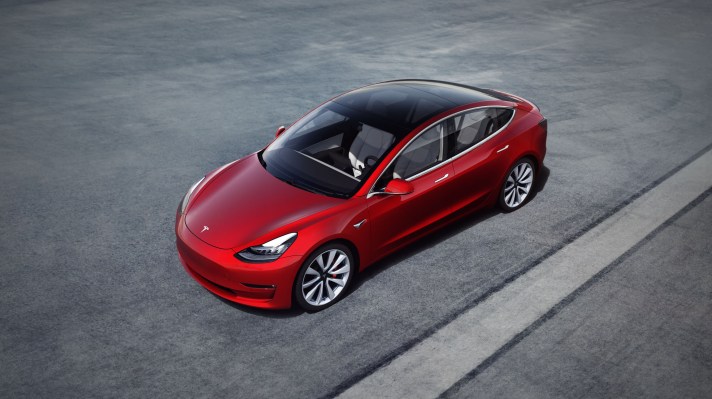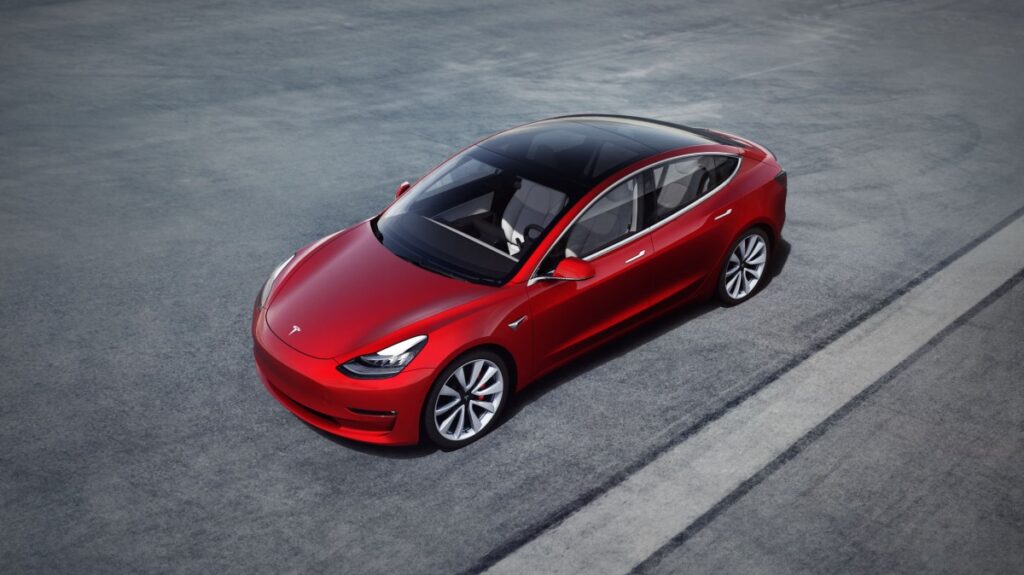
Tesla has announced that the $7,500 federal tax credits for its Model 3 and Model Y electric vehicles are likely to be reduced after December 31, according to a change on the automaker’s website late Tuesday.
The website states, “Customers who take delivery of a qualified new Tesla and meet all federal requirements are eligible for a tax credit up to $7,500. Reductions to current federal tax credit likely after Dec 31.”
The EV tax incentives, along with Tesla’s recent price cuts, have contributed to the company achieving record delivery numbers. However, if the tax credits are lost, Tesla may heavily rely on price cuts, which could negatively impact the company’s margins.
Tesla did not provide a specific reason for expecting a reduction in federal tax credits for its vehicles by the end of 2023, but it could be due to upcoming stricter battery regulations enforced by the government.
The tax credit is divided into two parts, each worth $3,750: a battery requirement and a critical minerals requirement. In 2023, to meet the battery requirement, 50% of the vehicle’s battery must be assembled or manufactured within North America. This percentage increases to 60% in the following year. In addition, to meet the critical minerals requirement in 2023, 40% of the critical minerals in a car’s battery must be extracted from or processed within the U.S., or from a country with which the U.S. has a free trade agreement. By 2024, this percentage will be 50%. Furthermore, in 2024, vehicles cannot source battery parts from China, and in 2025, EVs cannot contain any critical minerals sourced from China or other concerning countries in order to maintain their credits.
Tesla currently uses batteries from Chinese company CATL and South Korean company Panasonic for its Model 3s. The company has also recently partnered with BYD, a Chinese automaker, for batteries for its Model Y.
These stringent requirements aim to reduce reliance on China for battery manufacturing and parts. However, ending this dependence will be challenging despite significant investments in onshoring by automakers and battery manufacturers.
China is dominant in cathode, anode, and refined battery materials production, with six of the top 10 battery manufacturing companies located in China. In 2022, China had a battery production capacity of 838 GWh, surpassing the rest of the world combined, including the U.S. with its 70 GWh capacity, according to BloombergNEF data. While the U.S. battery production capacity is expected to grow 10x to around 908 GWh by 2027, it still lags behind China’s anticipated 600% increase.
Tesla’s alert regarding the potential reduction in tax credits could be a strategy to drive more sales this year, urging buyers to order a Model 3 or Y within the next few months to secure the full credit. Tesla only recently qualified for the full credit for Model 3s in June, while all Model Ys have been eligible since the introduction of the rules.




